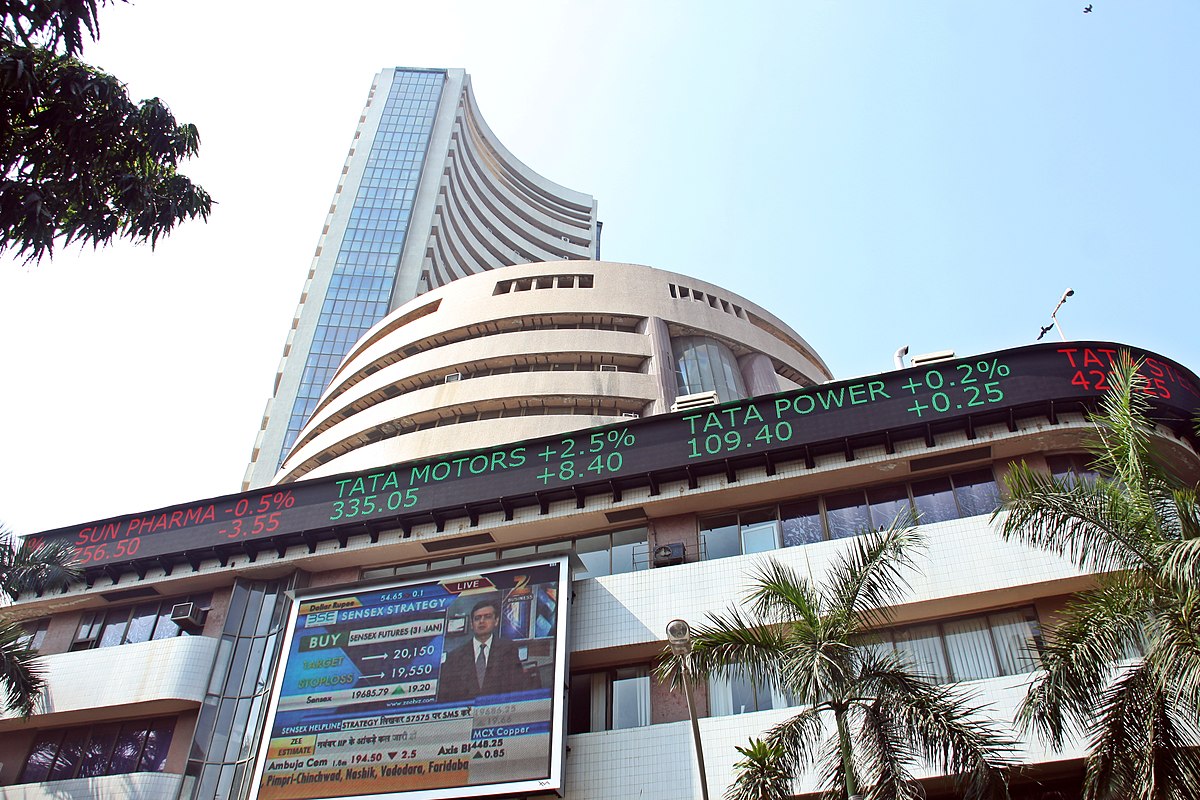Foreign investors pour money into Indian stock market despite global trade tensions

Foreign investors have continued to pour money into the Indian stock market in recent months, despite the global trade tensions and economic uncertainties that have weighed on markets worldwide. This has been buoyed, in part, by a number of positive developments for the Indian economy, including a growing middle class, government reforms, and a stable political environment.
According to reports, foreign investors have invested a net total of $11.5 billion in Indian equities so far this year, making it one of the best-performing markets in the world. This has largely been driven by the rally in Indian equities, which has seen the benchmark BSE Sensex index rise by over 11% in the first seven months of the year, and by the drop in oil prices, which is a significant import for India.
The Indian government has also been taking steps to boost foreign investment in the country. Last year, it introduced a number of economic reforms aimed at liberalizing the economy and making it easier for foreign companies to do business in India. These included changes to regulations around foreign investment in sectors such as retail, aviation, and insurance, as well as tax reform measures designed to simplify the tax process for companies operating in India.
In addition, the Indian government has been working to improve the country’s infrastructure and attract foreign investment in areas such as renewable energy, healthcare, and technology. This has been helped by a stable political environment, with the continued popularity of Prime Minister Narendra Modi, who was re-elected earlier this year.
Despite the positive developments for the Indian economy, there are still concerns about the impact of global trade tensions and economic uncertainties on the country. India is heavily reliant on exports, and a global trade slowdown could impact its economic growth. Additionally, there are concerns about rising inflation and a potential slowdown in consumer spending, which could weigh on the country’s economic growth.
Despite these concerns, however, foreign investors appear to be confident in the long-term prospects for the Indian economy. With continued government reforms and a favorable business environment, India is increasingly seen as a promising destination for foreign investment, with the prospect of high growth potential and attractive returns.
In conclusion, foreign investors have continued to pour money into the Indian stock market, despite global trade tensions and economic uncertainties. This is a testament to the positive developments in the Indian economy, including government reforms, a growing middle class, and a stable political environment. As long as these positive trends continue, India is likely to remain an attractive destination for foreign investment in the years to come.







